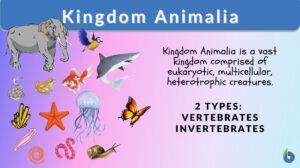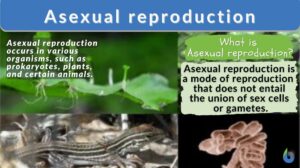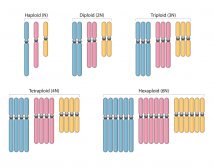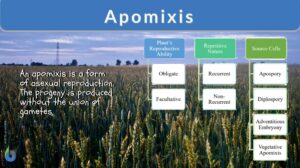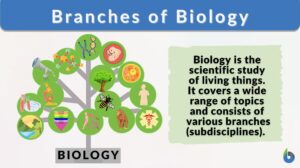Search Results for: amphibians
Amphibians & Early Reptiles
Amphibia Definition (Science: zoology) Amphibia is one of the classes of vertebrates. The amphibia are distinguished by... Read More
Kingdom Animalia
Kingdom Animalia Definition Each person can say that they know of or can name at least one animal. However, do people know... Read More
Parthenogenesis
To reproduce, by definition, means to produce new offspring. The process is referred to as reproduction, which is one of the... Read More
Reproductive system
What is the Reproductive System? The reproductive system of an organism is the biological system made up of all the... Read More
Sexual selection
What is Sexual Selection? The definition of sexual selection is very interesting in biological terms. The sexual selection... Read More
Inhibitory postsynaptic potential
Inhibitory Postsynaptic Potential Definition An inhibitory postsynaptic potential is a type of synaptic potential. It is... Read More
Herpetology
Definition noun The branch of zoology that deals with reptiles and amphibians Supplement Herpetology is a sub-discipline of... Read More
Northern Africa and biodiversity
Northern Africa and biodiversity Content Partner: United Nations Environment Programme (other articles) Article Topics:... Read More
Asexual reproduction
Asexual Reproduction Definition What is asexual reproduction? Asexual reproduction is a type of reproduction that does not... Read More
Chromatophore
Definition noun, plural: chromatophores A pigment-containing cell or light-reflecting structure, especially found in fish,... Read More
Osteichthyes
Definition noun A taxonomic superclass of a diverse group of fish that have skeletons composed primarily of bone... Read More
Polyploidy
Reviewed by: Mary Anne Clark, Ph.D. Polyploidy Polyploidy is defined as the state of being polyploid, which... Read More
Geological Periods
Precambrian Times (Most Ancient) All time before life existed, Earth was still a volatile environment, though the origins... Read More
Branches of biology
What is a Branch of Biology? A branch of biology is a specialized field or a sub-discipline in a much broader field of... Read More
Chondrichthyes
Definition noun A taxonomic class comprised of cartilaginous fish Supplement Chondrichthyes is taxonomic superclass of... Read More
Biotic factor
Biotic Factor Definition A biotic factor is the living component in an ecosystem. The term "biotic" means "of or related... Read More
Holoblastic cleavage
Definition noun (embryology) The complete division of an isolecithal or microlecithal egg into... Read More
Hypomelanism
All the body cells of living organisms bear some color due to one or the other pigment molecule or complex. The pigment can... Read More
Superclass
Definition noun, plural: superclasses (taxonomy) A taxon rank subordinate to a phylum (or a subphylum) and superior to a... Read More
Amniotic sac
Definition noun, plural: amniotic sacs Fluid-filled sac where the embryo or fetus is suspended in the uterus or in the of... Read More
Metamorphosis
Definition noun, plural: metamorphoses (1) (biology) A change in the form and often habits of an animal after the embryonic... Read More
Three-chambered heart
Three-chambered heart congenital abnormality in which there may be a single atrium with two ventricles or a single ventricle... Read More


